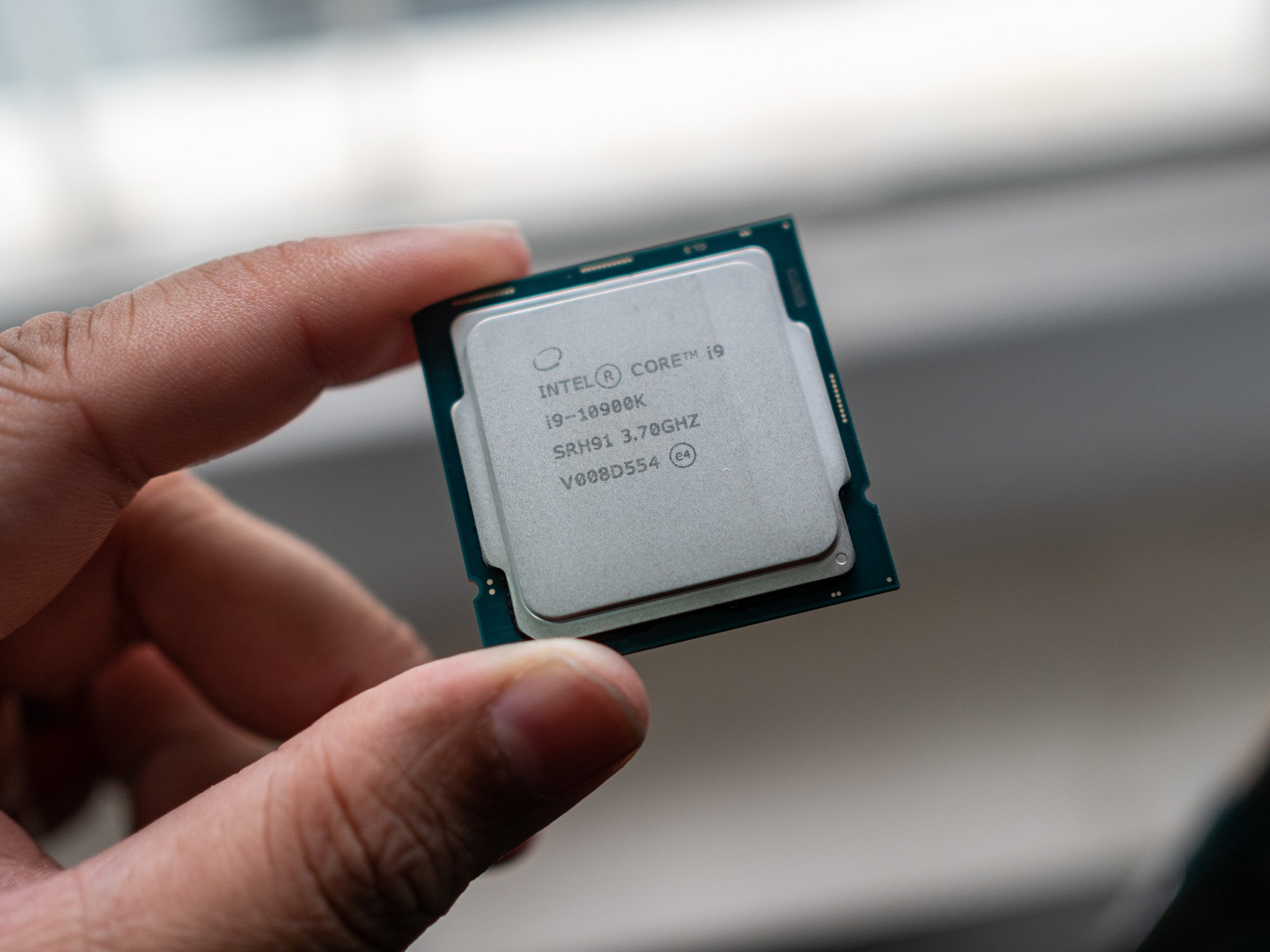Chip shortage wait times continue to grow, hampering new Windows 11 PCs
The global chip shortage will limit the supply of new PCs running Windows 11 when the OS launches this year.

What you need to know
- The lead time to purchase semiconductors has increased to over 20 weeks.
- PC manufacturers will struggle to meet the demand for new PCs running Windows 11 at the launch of the OS.
- Windows 11 doesn't have a confirmed release date but is suspected to come out in October 2021.
The global chip shortage continues to affect the PC industry. The wait time for semiconductors is now over 20 weeks, according to research by Susquehanna Financial Group (via Bloomberg). That delay between ordering semiconductors and receiving them will likely affect manufacturers building PCs to come out with the launch of Windows 11.
The wait time for chips has reportedly bumped up to 20.2 weeks as of July. Even before this bump, wait times for semiconductors are the longest they've been since Susquehanna Financial Group started tracking them in 2017.
The global semiconductor shortage affects the availability of several components in PCs, including the best CPUs, best GPUs, and the best SSDs. The global demand for these currently exceeds supply, so companies have to compete to get components.
Major manufactures, such as Lenovo, HP, and Dell, won't be affected by the shortages as much a company like Microsoft that orders fewer chips than the major PC OEMs. That being said, even the top manufacturers will struggle to get PCs out as quickly as customers would like.
Microsoft is reported to have the Surface Pro 8, Surface Book 4, and Surface Duo 2 on the way this fall. Expectations for these will have to be lowered based on component delays. Other manufacturers will also have to taper expectations.
PC manufacturers aren't just competing with each other. The automotive and industrial manufacturing industries need some of the same components as those in computers.
While the U.S. government, Chinese government, and several major chipmakers are investing billions into chip manufacturing, those efforts won't help close the gap between supply and demand for quite some time. Intel's CEO believes the shortage could last into 2023.
All the latest news, reviews, and guides for Windows and Xbox diehards.

Sean Endicott is a news writer and apps editor for Windows Central with 11+ years of experience. A Nottingham Trent journalism graduate, Sean has covered the industry’s arc from the Lumia era to the launch of Windows 11 and generative AI. Having started at Thrifter, he uses his expertise in price tracking to help readers find genuine hardware value.
Beyond tech news, Sean is a UK sports media pioneer. In 2017, he became one of the first to stream via smartphone and is an expert in AP Capture systems. A tech-forward coach, he was named 2024 BAFA Youth Coach of the Year. He is focused on using technology—from AI to Clipchamp—to gain a practical edge.
